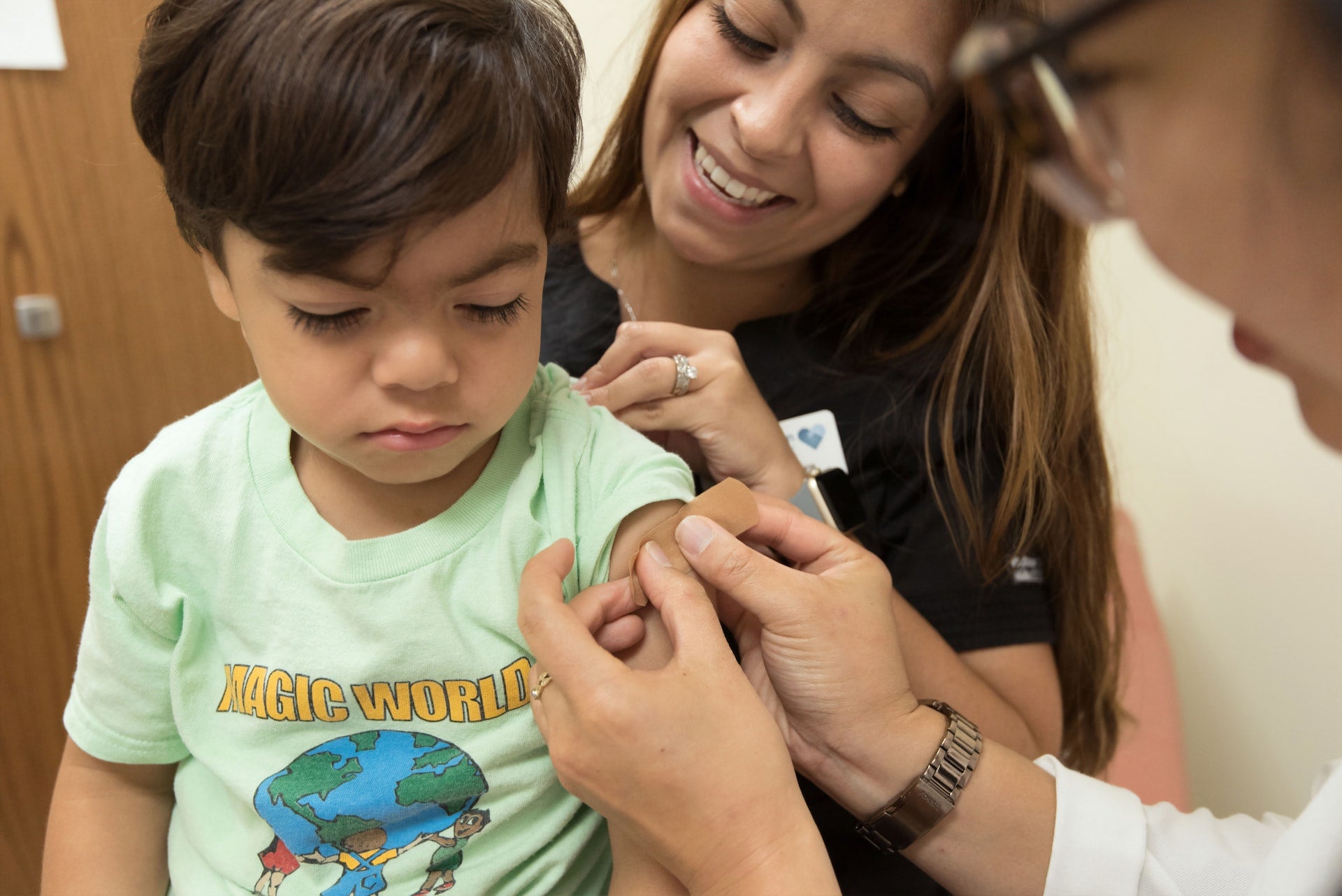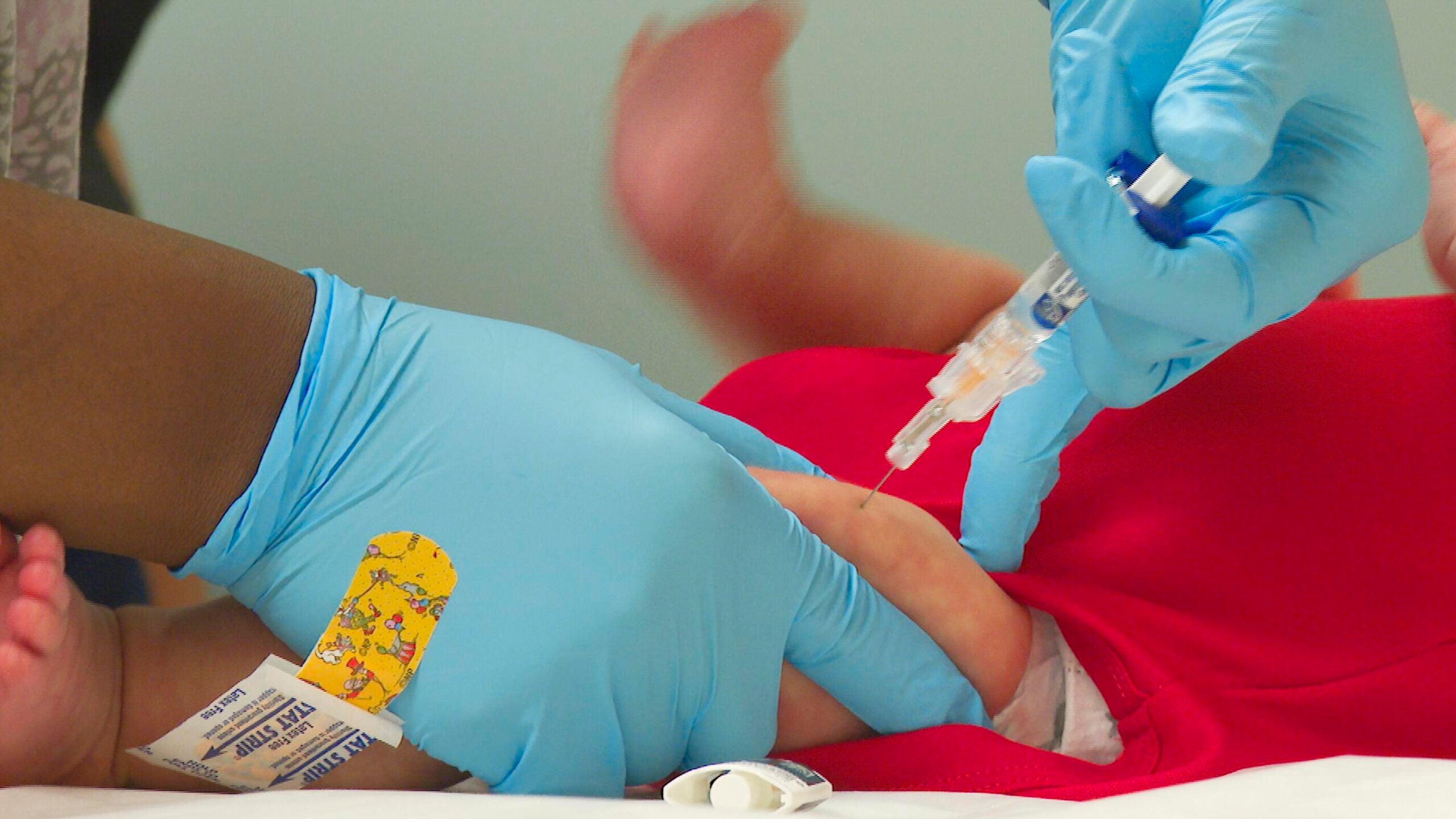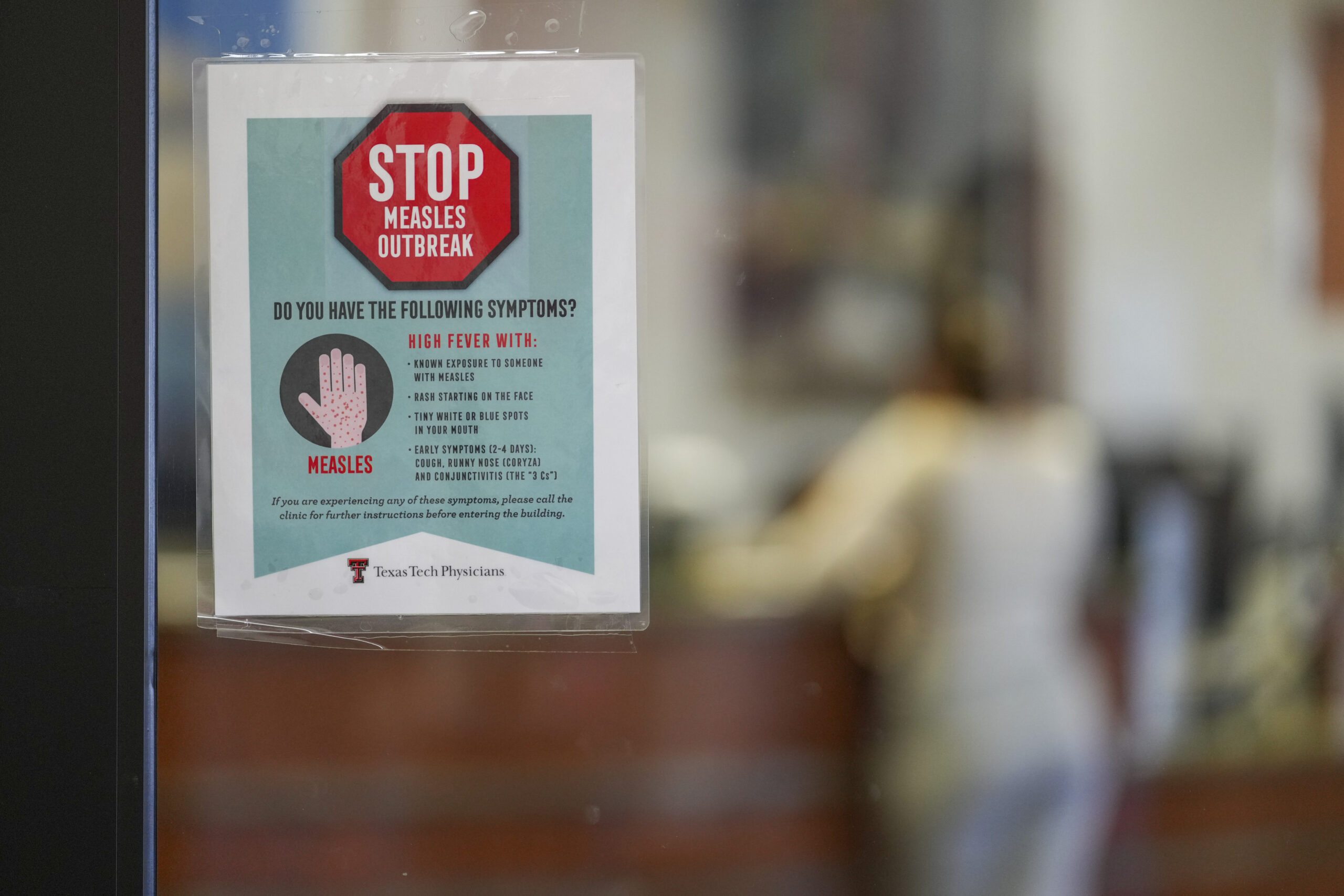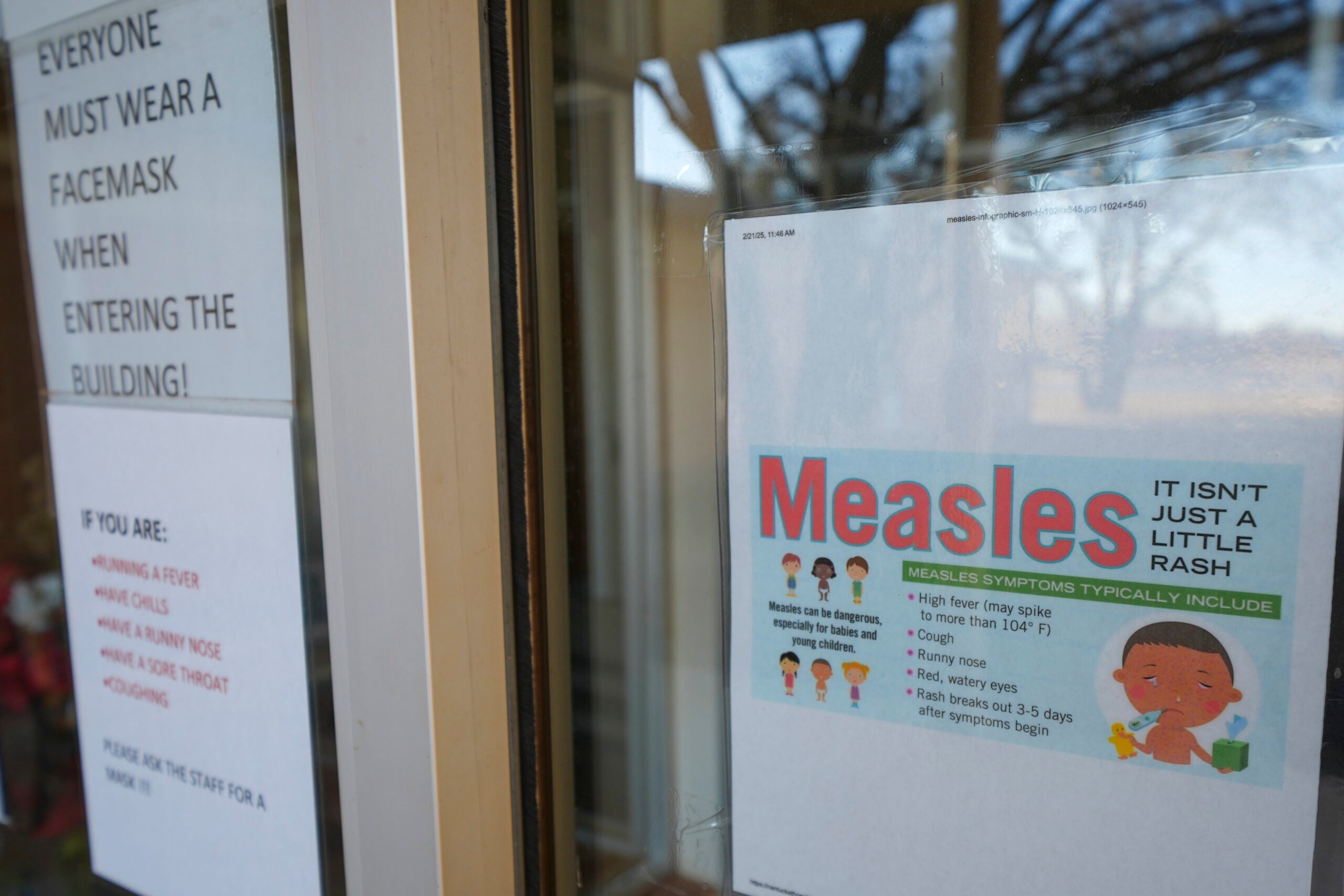Most Wisconsin students still have a month left of summer vacation. But public health officials are already urging families to think about getting kids up to date on vaccinations before the school year starts.
Milwaukee County leaders held a press conference encouraging back-to-school immunizations on Tuesday. Dr. Ben Weston, chief health policy advisor for the county, said an increased number of families are choosing not to get immunizations that have been around for decades, like those for polio, measles and whooping cough.
“These routine vaccines have been swept up in the politically-charged, misinformation-fueled controversy around COVID vaccines,” Weston said. “This has led to a huge uptick in families seeking waivers from vaccination, whether those be medical, religious or personal conviction in nature.”
News with a little more humanity
WPR’s “Wisconsin Today” newsletter keeps you connected to the state you love without feeling overwhelmed. No paywall. No agenda. No corporate filter.
He said just over 6 percent of students in Wisconsin waived school requirements for vaccinations last year, compared to less than 2 percent in the late ’90s.
School immunization rates first fell during the COVID-19 pandemic, before recovering in the 2022-2023 school year. But state data shows the percent of students meeting vaccination requirements declined again last year to just over 89 percent. That’s nearly 3 percent lower than before the pandemic.
Weston said the lower rates have created “a tinderbox for preventable disease outbreaks” across the state.
David Crowley, Milwaukee County executive, said increasing vaccination rates in children would help protect other vulnerable populations, like older adults or those who are immunocompromised.
He said families that aren’t sure about getting the shots should talk to the person they already go to for medical concerns like an infection or broken bone.
“You don’t need to go to TikTok, you don’t need to go to Snapchat, you don’t need to go to social media,” Crowley said. “You should contact a trusted health care provider, a trusted professional to have conversations about vaccination.”
Whooping cough already hitting Dane County kids
In Dane County, public health leaders are already dealing with an outbreak of whooping cough, or pertussis.
Amanda Kita-Yarbro, epidemiologist for Public Health Madison and Dane County, said there have been 60 confirmed cases of the disease since the beginning of June. She said a quarter of those cases have been diagnosed in the last two weeks.
“We don’t know how it was introduced, but it’s a pretty infectious or contagious disease,” she said. “Once someone gets it, it’s pretty easy for them to spread it to the people that they’re close to.”
Whooping cough, which is a bacterial respiratory illness, has been on the rise across the U.S. this year, according to the Centers for Disease Control and Prevention. Federal health officials reported that as of June 1, more than double the number of pertussis cases had been reported compared to that day in 2023.
In May, Brown County health officials reported an outbreak of the disease, with at least 13 cases in less than a two month period.
The majority of Dane County’s cases this summer have been in teenagers. Kita-Yarbro said this age group tends to be social, creating even more opportunities to spread the disease.
She said health officials are concerned about continued spread once school starts.
“We’re working really hard when someone is diagnosed with pertussis to identify who might have been exposed and notify individuals,” she said. “So if they start to cough, they know, ‘Oh, this might be pertussis. I should call my doctor right away.’”
She said most of the people who have been diagnosed have gotten the vaccine, indicating that vaccine hesitancy is not an issue behind the outbreak. While the shot is not 100 percent effective at preventing the disease, Kita-Yarbro said it does prevent severe illness.
Whooping cough causes a severe cough that can linger for up to 10 weeks, sometimes causing a person to cough so hard that they vomit. It is most severe in babies less than one year old, with about a third of infants who get the disease needing treatment in a hospital.
Wisconsin Public Radio, © Copyright 2025, Board of Regents of the University of Wisconsin System and Wisconsin Educational Communications Board.







